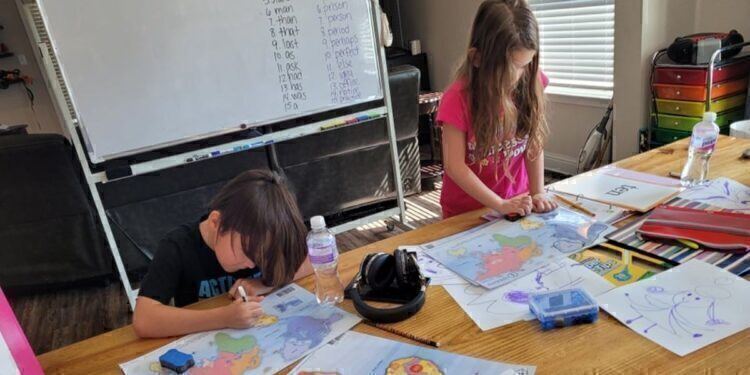Recently, perched on the edge of a comfy couch, I sat with some newly acquainted friends. Most of us were new to the area and screening for a new community. We were sharing our goals, interests, and hobbies when I began telling my new friend group about our homeschooling journey.
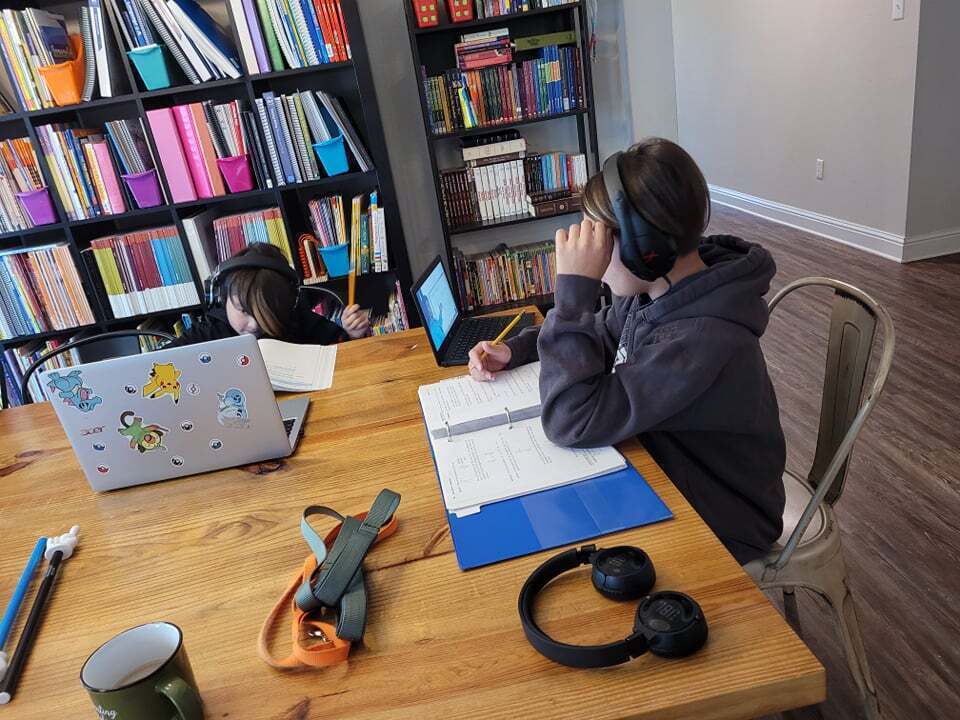
“I could never do that” and “I do not have the patience” starting ringing out through conversation. I’ve heard these phrases, and many like them, so often that I have to resist the urge to have prepared statements in response to them.
I don’t judge these women. In fact, I felt the exact same way about myself before we decided to homeschool our crew of rowdy upstarts. I remember feeling terribly unqualified, overwhelmed at the thought of teaching middle school math, and paralyzingly frozen in regards to sitting at our kitchen table with wriggly kids for hours on end.
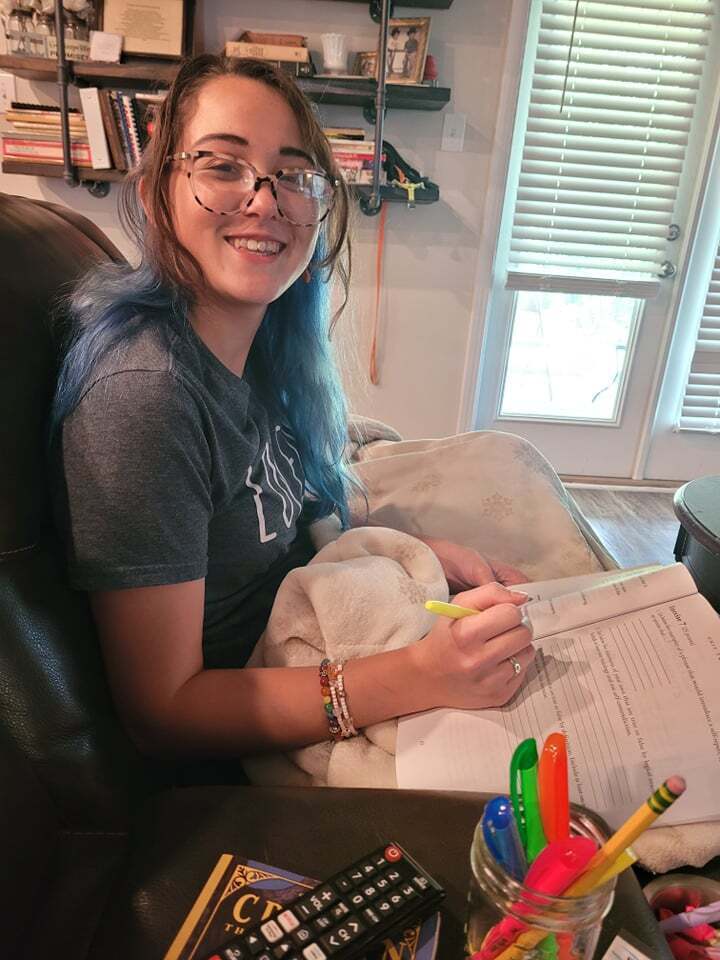
However, after our fourth consecutive year of schooling at home, I couldn’t feel more differently. Not because I have developed superhuman strength in patience, nor have I mastered pre-algebra, but because we have found a sustainable rhythm that works for our family.
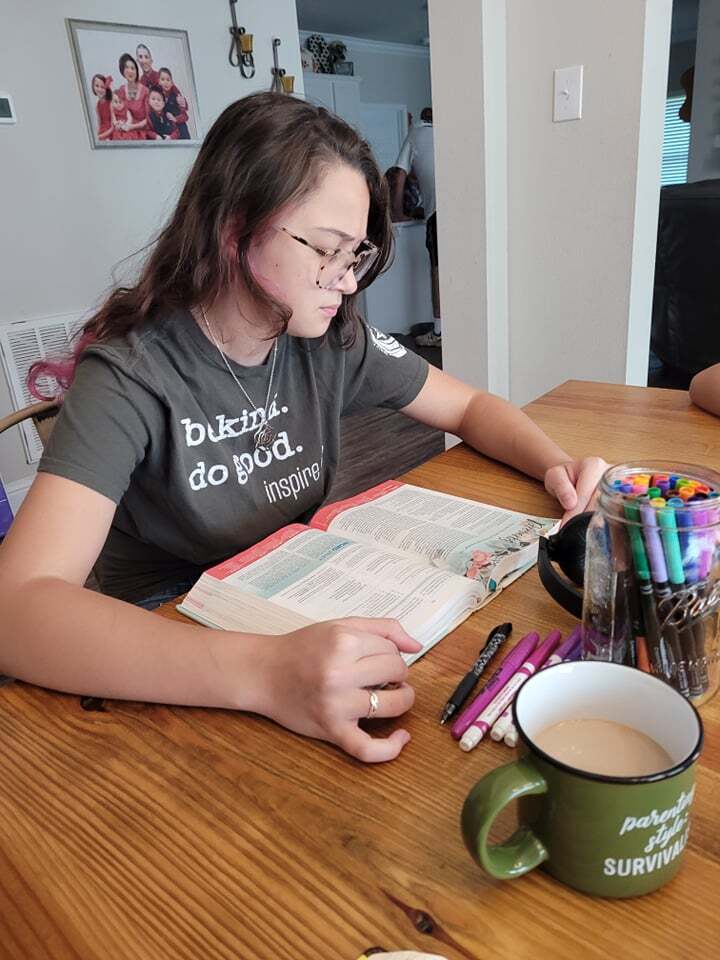
One of the greatest gifts another homeschooling mom gave me was reassurance sprinkled with practical advice for teaching my children. Pauline, a veteran homeschooler and one of the kindest women I have ever met, sat across from me at my kitchen table and said “There are no educational emergencies.” She meant that we could work at our own pace and release the societal pressures of running at a breakneck pace to teach my then three-year old to read at a 4th grade level. I think she also meant that I could take the time to foster the love of learning in my children more than to be utterly bound to hard benchmarks, rigorous curriculum, and misery in the task. And, for the record, our kiddos have thrived underneath this effort. They are reading well beyond their grade level, have found passions and interests in their studies, and I have loved this season of life as their teacher.
For the homeschoolers out there in the trenches who need encouragement, or to those who are considering the leap, I though it profitable to jot down what our day is really like – “a day in the life” so to speak. Our students are in 8th grade, 6th grade, 4th grade, and 1st grade (or some such equivalent). So, here is a snapshot of our daily routine:
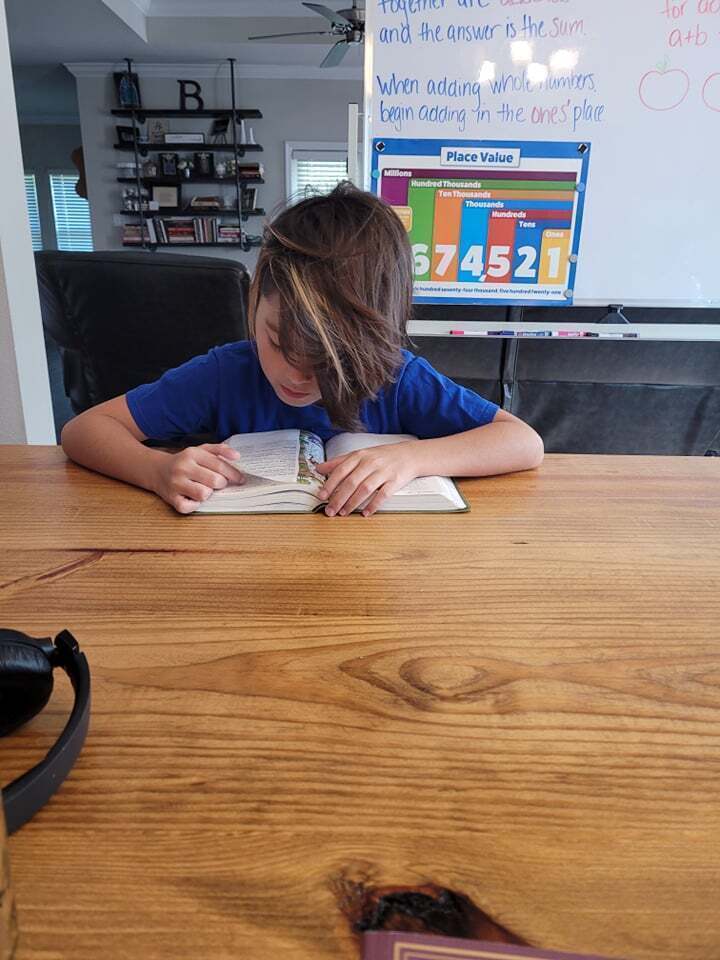
The kids wake up around 7:30 am. When we sent them to school, the morning rush started at 5:00 am to make a 6:30 am bus pick up. It was a screaming through the house in search of lunches and shoes. But now, we leisurely grab breakfast, do a quick clean up of the common areas, and sit down for a morning devotional around 9:00 am.
After 15-20 minutes, we get started on our memory work for the week. We participate as a Classical Conversations family, a Christian home education curriculum based on a classical model of learning. So, we study seven specific subjects every week – Math, English, History, Latin, Timeline, Geography, and Science. We also meet once a week for Community Day, where we study these subjects along with art, science experiments, and public speaking.
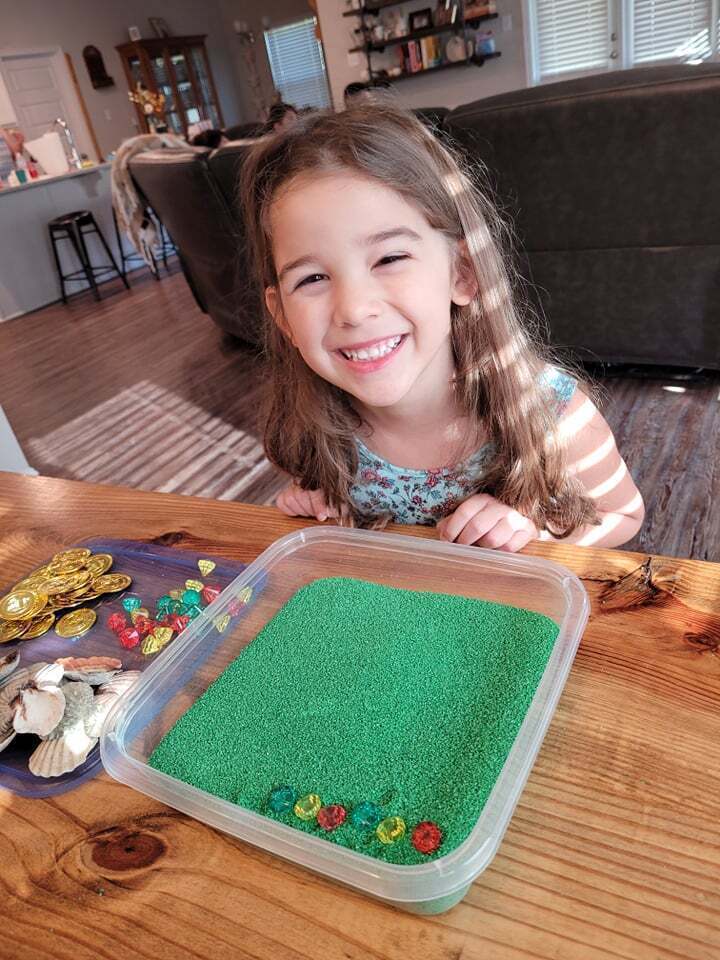
We spend about an hour on reviewing the memory work from the previous weeks and learning the new information for the current week. After that, we transition into 45 minutes of mathematics. After our math, we take a quick snack break and resume for English and research writing. During this time, our 1st grader plays with her sensory stations (pictures below) and our 8th grader works independently as she is at a stage that she is capable.
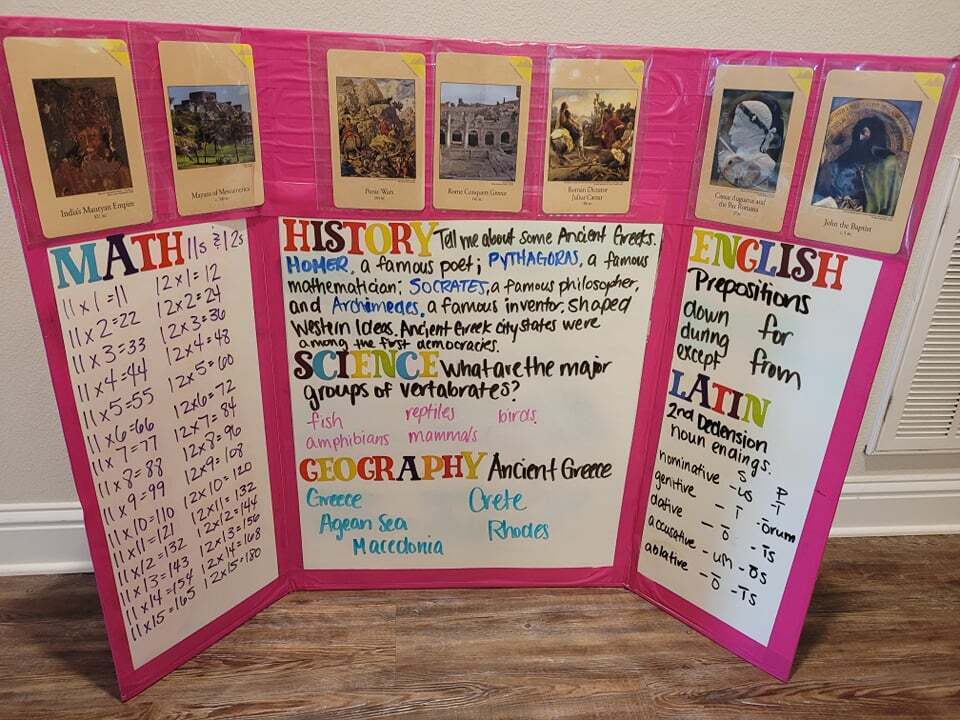
We all meet back at the table at 12:30 for lunch and we wrap up our day by reading for 45 minutes. Our eldest’s schedule is a little longer because her work load is more robust, but by 2:00 o’clock, homeschooling is done and we are free to roam about the cabin. The best part? There is absolutely no evening home work. We are free to read, play outside, or just relax on the couch. We have been known to lose a few hours on the family Xbox.
I guess my hope is to communicate to those who are curious about homeschooling that it most certainly can be done. The first year is always rough. You’re figuring out how you learn, how your kids respond to you as a teacher, and what your day-to-day routine looks like. Don’t be discouraged. We are playing the long game. After all, you have always been your child’s teacher. You taught them how to speak, how to put one foot in front of the other, and even the small things like how to tie their shoe. You are absolutely the most equipped to teach them how to learn and how to love it.


